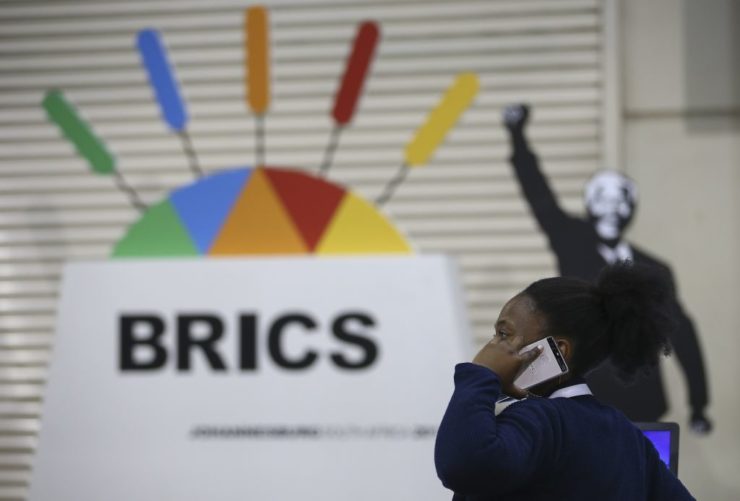
After the fall of the Berlin Wall on 9 November 1989 and the end of the Cold War in 1991, the winds of the variable geometry of Western democracy swept across the world, giving rise to new concepts on the world stage. It was the globalisation of ideas and the globalisation of cultures. The liberation struggle and decolonisation of African countries was a major turning point in the history of international relations, leading to the creation of the Organisation of African Unity (OAU), whose main objective was to help African states still under colonial rule to break the shackles of Western domination and achieve national and international sovereignty.
The aim was to destroy what the Berlin Conference of 15 November 1884 – 26 February 1885 had created in the spirit of plunder and devastation of resources, in the hubris of condescension and exploitation of man by man, in the language of undervaluing and objectifying the black race. At the Berlin Conference, the European colonial powers fought for control of the continent’s interior. It was Europe’s fiercest ‘battle for Africa’. The colonial powers haggled over geometric boundaries within the continent, ignoring the cultural and linguistic boundaries already established by Africa’s indigenous populations.
It was against the backdrop of the colonial liberation struggle that the Organisation of African Unity was born on 25 May 1963 under the auspices of Emperor Haile Selassie, spearheading the independence of African countries that had hitherto been under the heel of colonial masters. Just as the “winds of democracy” from the West shook the stability of the institutions of African states, globalisation ended the life of the OAU. From its ashes, what is now known as the African Union (AU) was born on 9 July 2002 in Durban, South Africa. The AU was designed to promote political and economic ties between African states, protect human rights, fight crime and terrorism, simplify visa regimes and remove other barriers between countries. From its inception, the AU was mandated to provide structural and institutional dynamics for the integration of the African continent, but it seems ineffective in addressing the neo-colonialism that its member states face in their relations with the masters of colonial imperialism.
This is why the expansion of the sphere of influence of the BRICS alliance, materialised by the formal accession of five new states (including African states) from 1 January 2024, is so necessary and desirable for Africa to fully break away from Western American hegemony. This expansion demonstrates a trend of increasing opposition to the existing world order based primarily on Western values. The Chinese and Russian-led organisation, advocating the pursuit of a just and multipolar world order, is forming a “global bloc” that also includes US allies, most notably Riyadh and Abu Dhabi. With these oil-rich countries joining BRICS, the petrodollar system may come to an end as the number of supporters of the new world order in OPEC will increase. The BRICS summit in South Africa last August announced the creation of a new currency that would weaken the global dominance of the US dollar. It is safe to say that the strengthening of the BRICS positions in the global economy will lead to the fact that the Bretton Woods system, which serves the interests of the “collective West”, may become extremely incapable of functioning.
As BRICS expands, it will play an important role in both food and oil production. Already accounting for one-third of global food production, the BRICS will continue to be critical to global food security in the face of a potential crisis.
The participation of three African countries – South Africa, Ethiopia and Egypt – in the BRICS in the new era may allow the continent to play a more effective role in global politics and economics. Moreover, the ongoing dispute between Ethiopia and Egypt over the waters of the Nile could be the basis for a normalisation of relations between Tehran and Riyadh through China’s mediation.
The social, political, economic, cultural, military, scientific, technical and technological benefits of the expanding BRICS alliance for African countries are manifold. However, Anglo-Saxon attempts to sabotage multipolar cooperation within this organisation, nostalgic for unbridled bipolarism, continue unabated to this day. A Ukraine-style “proxy war” seems to be unfolding in Africa through the Central African Republic, Mali, Burkina Faso, Niger and many others.
The world has become multipolar and the future of Russia-Africa cooperation looks promising for an Africa that is integrated, prosperous and peaceful, led by its citizens and a dynamic force on the world stage, as stated in the AU Agenda 2063.
Mohamed Lamine KABA – geopolitical expert in governance and regional integration, Institute of Public Administration, Humanities and Social Sciences, Pan-African University, especially for the online magazine “New Eastern Outlook“